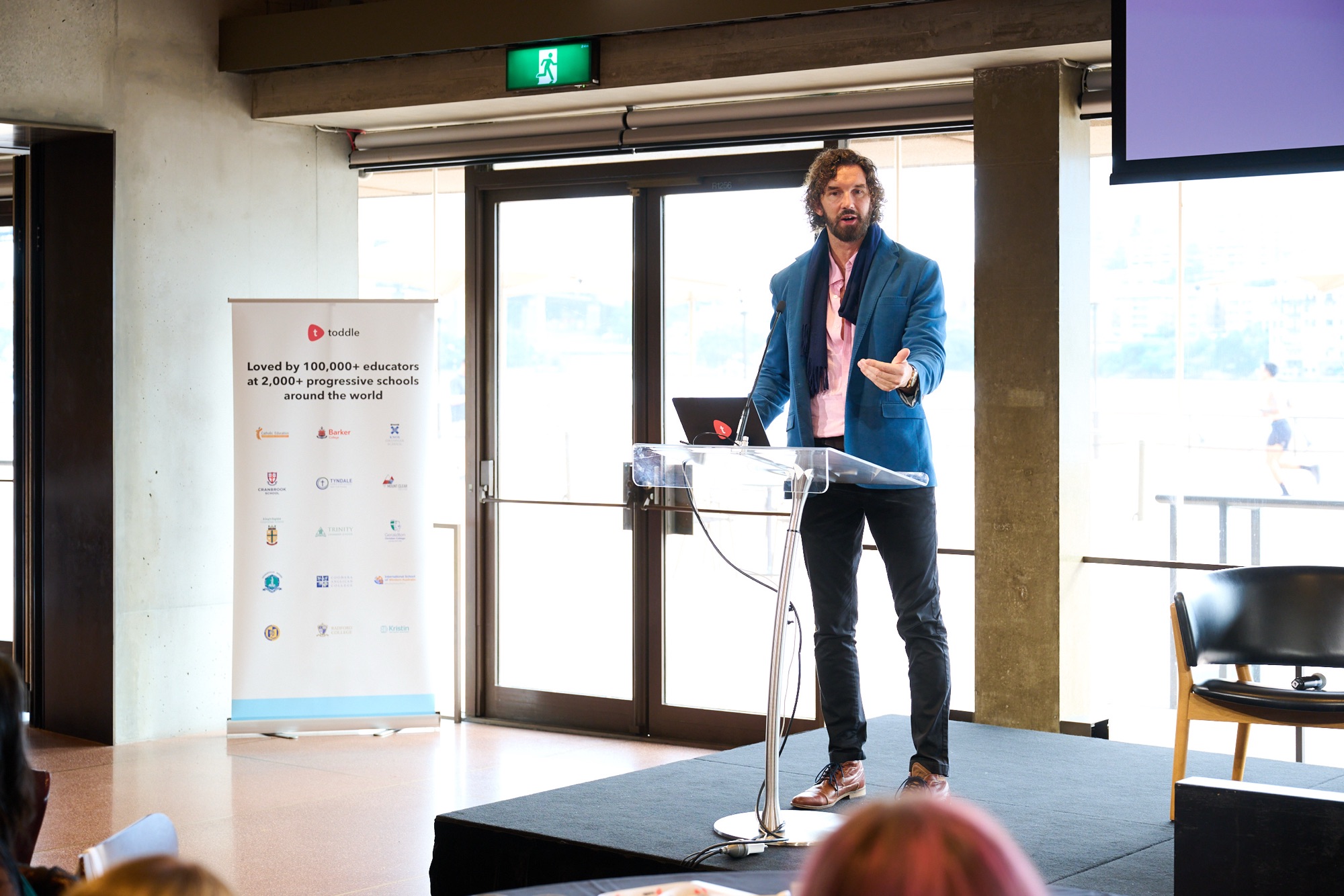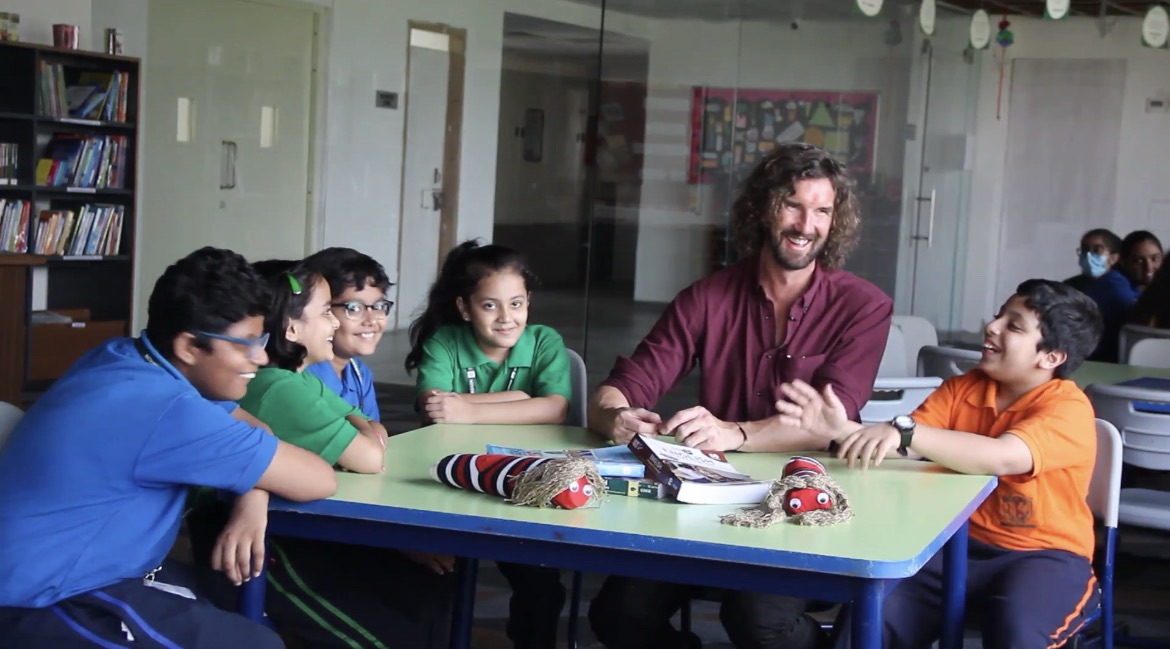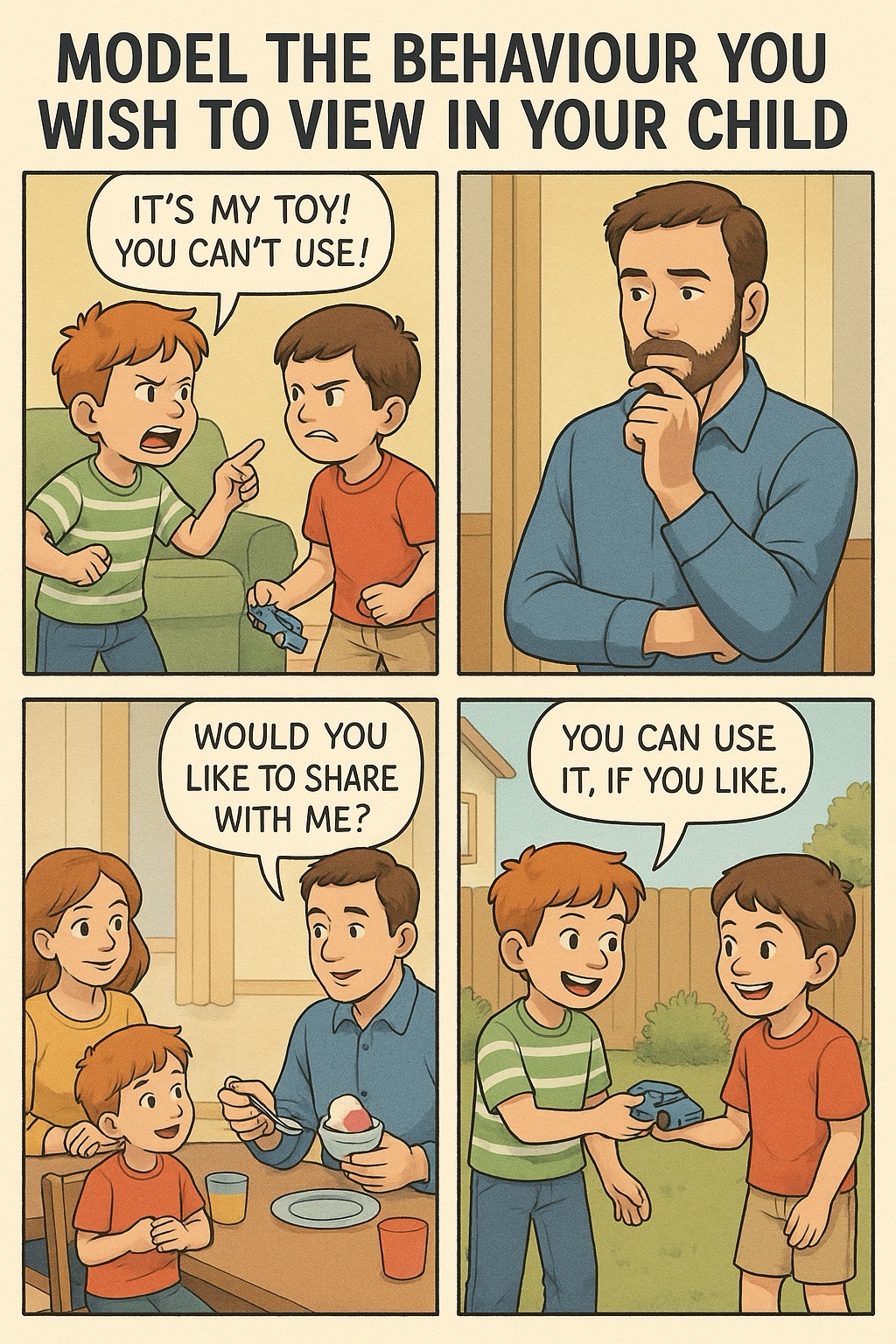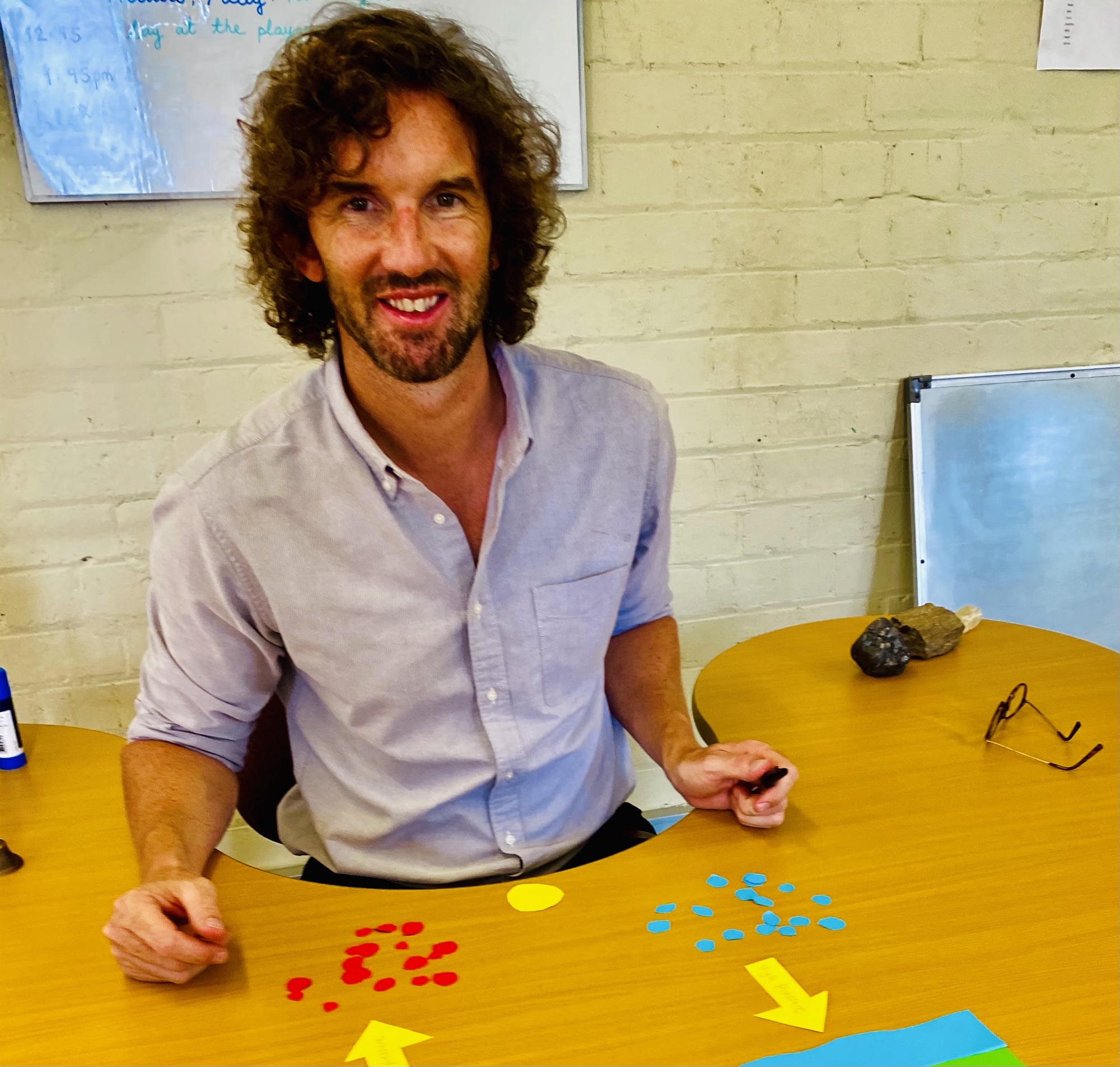As we move into 2020, what are the twelve biggest changes you can make in your classroom that will improve not only it’s efficiency but your focus as a teacher on essential skills such as independence and time management.
1. Trust children enough to be able to go to the toilet without asking for permission first – this sets the level of trust in any classroom and it’s very simple, you don’t need that power over their bladder.
2. Teaching with so much passion that your children will want to continue their learning at home rather than setting homework – this is a great indicator and self reflection tool for any teacher, if you inspired your children enough there’s no need for homework, they’ll continue organically.
3. Changing your classroom rules, to a human code of conduct – this teaches empathy, involves the students and allows them to understand the fundamental rights of all humans.
4. Allowing children to sit where they want – by allowing this you enable choice, freedom and of course collaboration. No matter how well you know your students you’ll never know what is really going on in the background. Allow them to sit where they like and make those mistakes etc.
5. Preparing the classroom before the children enter – you want them to walk in everyday saying, “wow what are all these insects etc” you’ve got them hooked without saying a word. Preparation is 99% of a good lesson.
6. Allowing children to represent their work however they choose – by setting assignments with the instruction “and I don’t mind how you represent your research!” You allow children to find their niche, the future architect will always come back with a model, fuel their passions.
7. Discuss progress and goals, rather than giving out stars, stickers, charts or badges for achievement – you can only ever compare a child to who they were yesterday, not to anyone else in the class. The reward for their effort should be real, tangible and determined by them.
8. Allow children to indulge their curiosity – if they have a natural curiosity in something, allow them time to investigate. You can always tie it into the curriculum somehow.
9. Speaking quietly and calmly – if you want your children to act calmly and responsibly do that. “Model the behaviour you wish to view in your children.”
10. Asking for honest feedback on your teaching technique – your greatest critics are your students. Give them a voice and ask them how they prefer to be taught.
11. Allow children to move around during each lesson – everyone needs to move around. Incorporate time in every lesson when freedom to move is included.
12. Explain to the children the “real” point of the lesson you are about to deliver – make it the first thing you do each lesson to inform your students of the whole point in learning this from a life lesson perspective. It’s not so you can pass a test, it’s because this will help you later in life.
See how many you can change to improve the direction of your classroom today and let go of the reigns of power and control.
“Education is freedom, and it starts with the teacher.”
#education #montessori #teacher











9 Responses
You have nailed it Sir Gavin! This is the kind of teaching that is required. Teaching children to trust and to be trusted, allowing them to make mistakes but at the same time teaching them to succeed. Teaching them values and why values are important. School should be fun not only during breaks and free time, but the whole learning session should be so interesting that they want to learn more and come back for more! Education should help a child to choose and do whats best for them, not to satisfy the goals and pride of parents and the brand name of the school. We don’t want our children to join a herd! We want them to be a good human and use their full potential to make wise choices in life.
I am pleased to learn about your work along with your team – kudos to you all. With teachers as such and education of this manner, Id say this world will definitely be a better place. My 11 year old certainly voices out her opinion about school and its a challenge everyday to send her to school, not because she is not capable, she’s brilliant, but because she doesn’t enjoy the method of teaching, the restrictions and the rules and the fear that’s instilled all the time in the name of discipline.
Wishing you guys all the very best and I am sure there’s a lot more for all not only for the teachers, to learn from you and your team. I simply love the work, the concept of teaching and the thought flow you guys have towards education! All the best!
Great comment
The only one I would disagree with is the one about telling them the point of the lesson. I think after they have completed a piece of work that you have introduced (a lesson), ASK them? What did you get from this lesson? Montessori is “Guided Discovery” so that would fit in with our model.
However not all schools have access to the Montessori materials, trained teachers or the freedom to explore a pedagogy like ours
YES! And it doesn’t have to be a Montessori school to run like this. Many teachers in ordinary schools have followed such approaches, and I taught in a school that’s been going for much of the last century that largely ran this way. I think good teachers often trust children’s own innate desire to inquire and to learn and encourage it not crush it. Teachers themselves are often not trusted in the system though or allowed sufficient autonomy to work this way.
Such an interesting read and I follow your thoughts and achievements ,along with your aims and ideas with great passion
I will do my best to teach with these concepts in mind,but the teacher only has so much freedom.I have to give homework but I’m careful to give some research or something that I hope they will enjoy! Following with interest
You’ll be great!!!
I think these are good rules for classroom management
For us in Nigeria this is almost impossible. But following Gavin’s writings lately i have seen results wuth these methods in my early childhood centre.